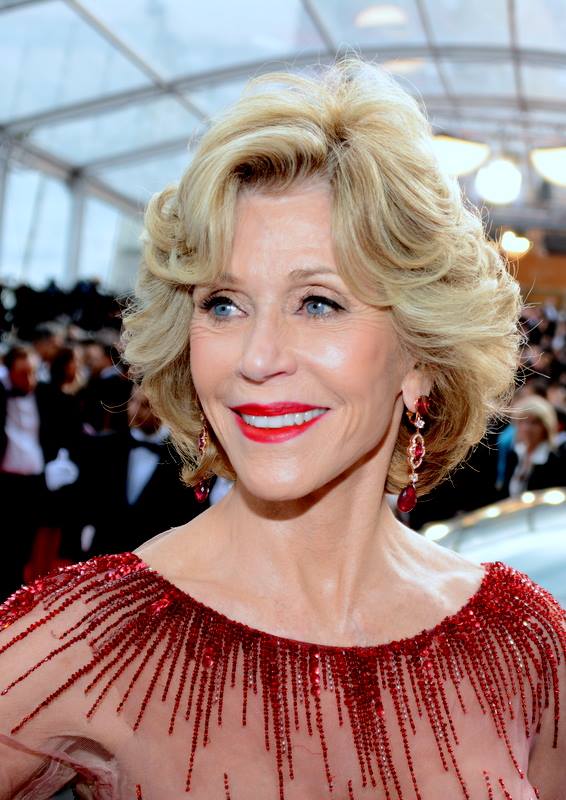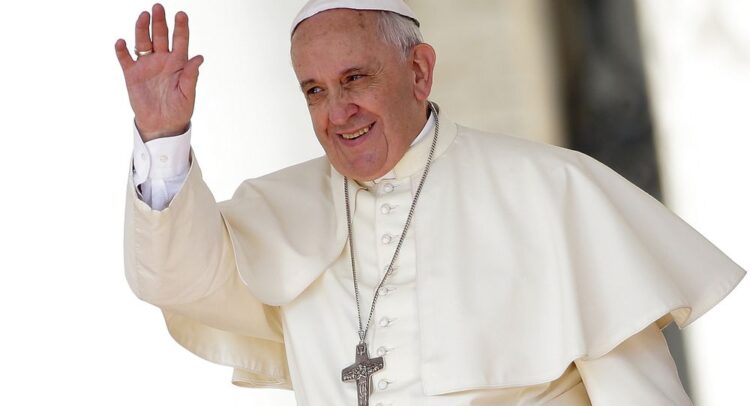For a memorable decade, from 1974 to 1984, “Happy Days” wasn’t just a television show; it was a cultural touchstone that perfectly captured the romanticized nostalgia of 1950s Milwaukee. This delightful sitcom, chronicling the lives of the middle-class Cunningham family and their friends, resonated deeply with audiences, offering a comforting escape into a simpler time. It was a launching pad for some of Hollywood’s biggest names, like Ron Howard, who famously transitioned from child star Opie Taylor to Richie Cunningham, and then to an acclaimed director, while Henry Winkler immortalized the beloved greaser, Arthur “The Fonz” Fonzarelli.
The show’s magic, however, extended far beyond its main protagonists. “Happy Days” effortlessly brought viewers back to the 1950s for 11 seasons, captivating them not only with its humor but also with a cast of unforgettable characters who became like family to millions. The core cast members fostered genuine friendships both on and off-screen, a bond that Henry Winkler beautifully articulated in 2017 to Fox News: “We are very much like a family. I love them, I talk to them, I email them, and I see them.”
Yet, as with any large and enduring family, time eventually brings its inevitable changes. While the laughter and joy these stars brought into our homes will forever shine bright, we must also acknowledge the sadness that accompanies their passing. Their performances live on, continuing to make us smile, but their physical presence is deeply missed, particularly in reunions that mark milestones like the show’s upcoming 50th anniversary in 2024. In this heartfelt tribute, we celebrate the lives and indelible contributions of some of the cherished “Happy Days” actors who have sadly left us, ensuring their legacies continue to resonate.

1. Tom Bosley (Howard Cunningham)
Tom Bosley will forever be etched in our memories as Howard Cunningham, the quintessential American dad who anchored the “Happy Days” family. As the down-to-earth, hardworking hardware-store owner, he was the steady hand amidst any chaos, offering guidance to his children, Richie and Joanie, and even extending a fatherly ear to the seemingly invincible Fonzie. Bosley played this pivotal role for the entire 11-season run, becoming synonymous with the character and embodying warmth and wisdom for a generation of viewers.
Born on October 1, 1927, in Chicago, Illinois, Tom Bosley’s acting journey began long before he became Mr. C. After serving in the U.S. Navy during World War II and attending DePaul University, he made a name for himself on the stage, earning a prestigious Tony Award in 1960 for his role as New York City’s Mayor Fiorello La Guardia in the Broadway musical “Fiorello!” He was also a featured player in films such as “Yours, Mine and Ours,” showcasing his versatility as a performer.
Even after his hugely successful run on “Happy Days,” Bosley continued to enrich the entertainment world. He returned to the stage as another famous dad, Maurice, Belle’s father in “Beauty and the Beast.” On television, he found further success in series like “Murder, She Wrote,” where he played Sheriff Amos Tupper, and in “The Father Dowling Mysteries,” where the Jewish actor played against type as a Catholic priest. He also made guest appearances on various television shows, lent his voice to animated series, and appeared in films like “The Back-up Plan.”
Despite his extensive and acclaimed career, Bosley never minded being primarily known as Howard Cunningham. He considered it a “compliment” that people remembered the character so fondly, a testament to the profound connection he forged with his audience. He was married twice, first to Jean Eliot from 1962 until her passing in 1978, with whom he had a daughter named Amy. He then married Patricia Carr in 1980, becoming a loving step-father to her two sons.
Tom Bosley passed away on October 19, 2010, at the age of 83, in Rancho Mirage, California. His death was attributed to lung cancer and heart failure. His former co-stars lovingly recalled the man they considered a member of their own family. Ron Howard expressed his admiration, saying, “A great father and husband, and a wonderful artist, Tom led by example, and made us all laugh while he was doing it. My last conversations with Tom reflected the love of life and peace of mind that he always maintained throughout his full and rewarding life. I miss him already.” Marion Ross, his TV wife, also shared fond memories, noting that he was “so smart, he could make up or fix a joke for a better end scene at the drop of a hat.”
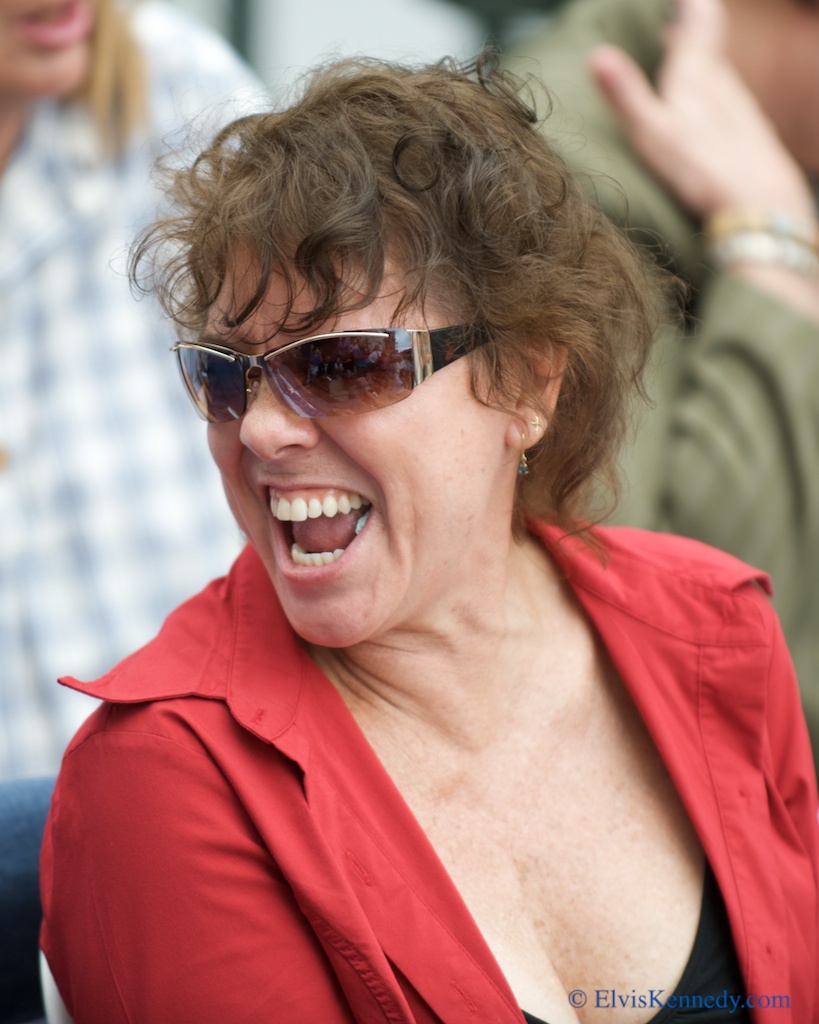
2. Erin Moran (Joanie Cunningham)
Erin Moran charmed viewers as Joanie Cunningham, Richie’s spirited younger sister, whose journey from a wisecracking kid to a young woman captivated audiences for a decade. Nicknamed “Shortcake” by Fonzie, her character’s evolution was a central part of the show’s narrative, culminating in a beloved romance with Fonzie’s cousin, Chachi Arcola, played by Scott Baio. Their on-screen chemistry was so popular that it led to their own spin-off sitcom, “Joanie Loves Chachi.”
Born on October 18, 1960, in Burbank, California, Erin Moran began her acting career at a young age, appearing in commercials and guest-starring on popular shows of the 1960s and ’70s such as “Gunsmoke,” “The F.B.I.,” and “My Three Sons.” Her role as Joanie Cunningham on “Happy Days” in 1974 became the defining moment of her career, establishing her as a recognizable and cherished face in American households.
After “Joanie Loves Chachi” concluded its two-season run, Moran and Baio returned to “Happy Days” for its final season, with the series ending on their characters’ marriage and a presumed “happily ever after.” While she continued to act sporadically through the 1980s and ’90s, with guest appearances on shows like “The Love Boat” and “Murder, She Wrote,” nothing quite matched her fame as Joanie Cunningham.
Sadly, Moran’s off-screen life was a stark contrast to the fairy-tale ending her character received. She grappled with crippling depression that often prevented her from securing steady work, leading to financial difficulties. These struggles eventually led her and her second husband to move in with her mother in an Indiana trailer park, a situation that unfortunately ended after an alcohol-fueled dispute.
Erin Moran passed away tragically on April 22, 2017, at the age of 56, after first responders found her unresponsive in Harrison County, Indiana. While there was initial speculation regarding her cause of death due to past issues with substance abuse, an autopsy report confirmed “no illegal narcotics were involved.” Her husband, Steve Fleischmann, later revealed she had been suffering from stage 4 squamous cell carcinoma of the throat, a secret she had bravely kept from many, sharing it only with close friends like her former co-star Anson Williams. The illness progressed rapidly, spreading to her spleen, leaving her unable to eat or speak and requiring a feeding tube in her final months. She died peacefully in her sleep at home. Anson Williams, reflecting on her legacy, noted, “Even though she’s gone, she will always be on that TV making someone smile. She does leave a legacy of good feelings and light for anyone that watches her.”
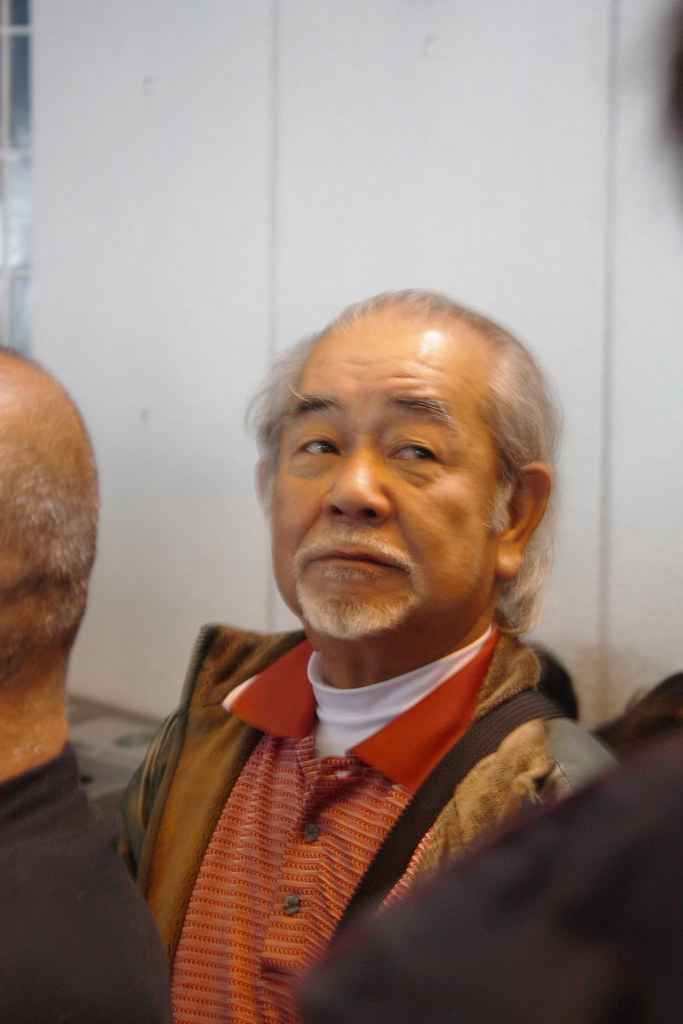
3. Pat Morita (Masuo “Arnold” Takahashi)
Noriyuki “Pat” Morita brought warmth and humor to the iconic Arnold’s Drive-In as its proprietor, Matsuo “Arnold” Takahashi. From 1975 to 1983, Arnold’s served as the beloved hangout spot for Richie, Potsie, Ralph, and their friends, where milkshakes, heart-to-heart conversations, and Fonzie’s impromptu court in the boys’ room were commonplace. Morita’s character was a constant, endearing presence, known for offering sage advice along with his burgers, making him an integral part of the “Happy Days” universe.
Born on June 28, 1932, in Isleton, California, to Japanese immigrant parents, Pat Morita’s early life was marked by significant challenges. He battled spinal tuberculosis as a child, which left him hospitalized and immobilized for years. His struggles continued when, upon his release, he and his family faced the prejudice of World War II, spending time in Japanese-American internment camps until the war’s end. After years working in data processing, Morita decided to pursue his true calling in stand-up comedy, eventually leading him to acting.
Before joining the “Happy Days” crew, Morita had already begun building a successful career, with recurring roles on popular shows like “Sanford and Son” and “M*A*S*H.” He left “Happy Days” to star in his own short-lived ABC comedy series, “Mr. T and Tina,” where he made history as the first Japanese American actor to lead a TV series. However, it was his subsequent role that would cement his legendary status: Mr. Miyagi, the wise karate teacher in the original 1984 film “The Karate Kid.”
His portrayal of Mr. Miyagi earned him an Academy Award nomination for Best Supporting Actor, making him the first Asian American nominated in that category, and marked the peak of his career. Despite this acclaim, the lack of representation for Asian actors in Hollywood limited his opportunities. Morita worked steadily in various films and television shows, including voicing the Emperor of China in Disney’s “Mulan” and making appearances in “Robot Chicken,” but he also grappled with alcoholism throughout his life.
Pat Morita passed away on November 24, 2005, at the age of 73, in a Las Vegas hospital due to liver failure and kidney failure. His struggles with alcoholism were explored in the documentary “More Than Miyagi: The Pat Morita Story.” His wife, Evelyn Guerrero, whom he married in 1994, released a statement revealing that her late husband had “dedicated his entire life to acting and comedy.” Ron Howard fondly remembered Morita, noting that “there was just this positive spirit” about him, “this sense of humanity about him that was rich.”
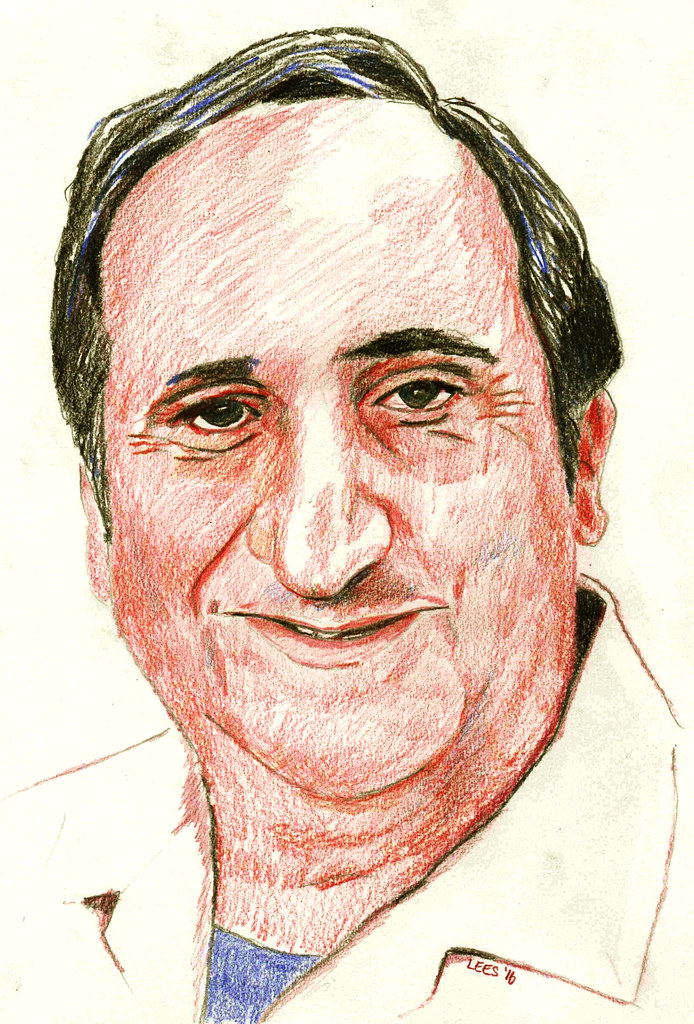
4. Al Molinaro (Al Delvecchio)
Al Molinaro endeared himself to millions as Al Delvecchio, the second beloved owner of Arnold’s Drive-In, after replacing Pat Morita in Season 4 of “Happy Days.” Originally appearing as a cook during the show’s second season, Molinaro’s hangdog expression and signature sigh of “Yup-yup-yup-yup” quickly made him a fan favorite. His character became a central figure at the gang’s favorite hangout, and later, he even married Chachi’s mother, Louisa, making him an in-law of sorts to Fonzie.
Born Umberto Francesco Molinaro on June 24, 1919, in Kenosha, Wisconsin, Al Molinaro came to acting later in life, after operating a collection agency and investing in real estate. He was already an established character actor before “Happy Days,” notably playing Officer Murray Greshler on the 1970s TV version of “The Odd Couple.” His connection to the entertainment industry was strengthened through his acting school classmate, Penny Marshall, who introduced him to her producer brother, Garry Marshall, opening doors to his iconic roles.
Molinaro cherished his time on “Happy Days,” particularly appreciating that the show was set in Milwaukee, his home state. He often pushed back against critics who dismissed “Happy Days” as a “bubble-gum show,” famously stating, “To the public in America, ‘Happy Days’ was an important show, and I think it was and I think it still is.” This sentiment underscored his belief in the show’s enduring value and its impact on American culture. Beyond the main series, he reprised his role as Al on the “Joanie Loves Chachi” spin-off.
After “Happy Days” concluded, Molinaro made various guest appearances in sitcoms and commercials, eventually retiring from acting in the early 1990s. He also ventured into the restaurant business, launching a chain of Big Al’s restaurants in the Midwest with his “Happy Days” co-star Anson Williams. Apart from this enterprise, Molinaro chose to live a quiet family life with his wife, Betty Farrell, whom he married in 1948, and their son, Michael.
Al Molinaro passed away on October 30, 2015, at the remarkable age of 96, in a California hospital. His death was caused by complications from an infected gallbladder. Due to his advanced age, he had opted not to undergo surgery for his “very bad gall stones.” His long life and significant contributions to television comedy ensure that his distinctive sigh and lovable character will continue to bring smiles to new generations of viewers.
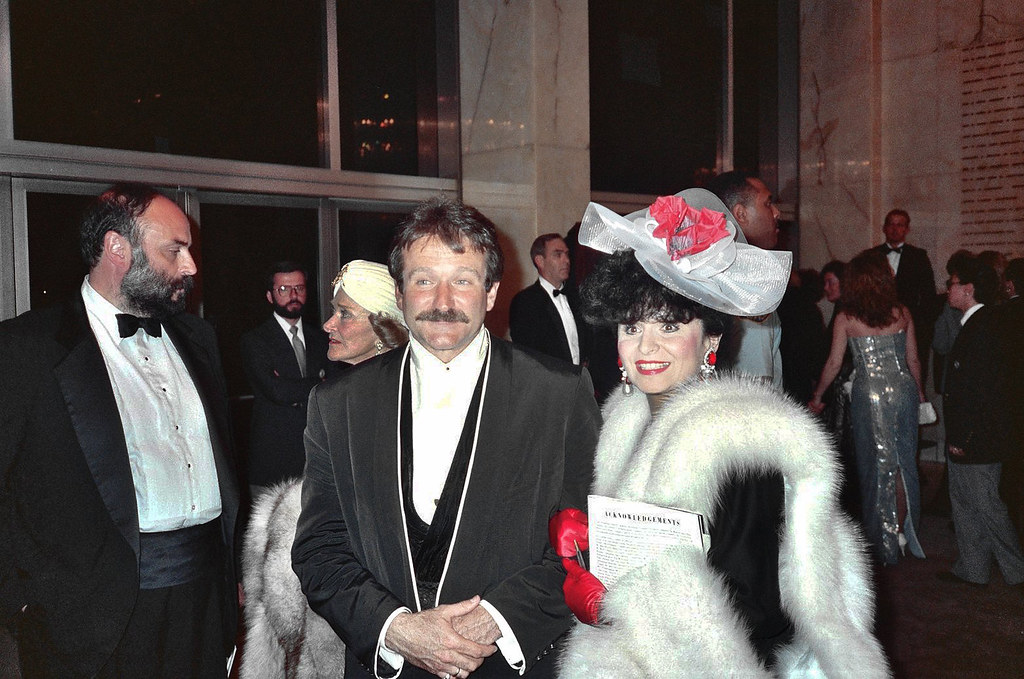
5. Robin Williams (Mork)
Even the most devoted “Happy Days” fans would admit that not every episode was a masterpiece, and sometimes the writers ventured into truly outrageous plots to keep audiences engaged. One such famously outlandish storyline involved Fonzie water-skiing over a shark, giving rise to the pop culture phrase “jumping the shark.” However, it was another unlikely plot point that miraculously turned out to be a blessing, introducing the world to a then-unknown comedic genius: Robin Williams.
Williams made his unforgettable debut in the 1978 “Happy Days” episode titled “My Favorite Orkan.” He guest-starred as Mork, an eccentric alien from the distant planet Ork, who crash-lands on Earth and comically attempts to persuade Richie Cunningham to return with him. His fast-talking, unpredictable, and utterly hilarious performance was an instant standout, making the episode one of the most memorable in the series’ history. The ratings were so good that producers decided to create a vehicle specifically for Williams, leading to the highly successful spin-off, “Mork & Mindy.”
“Mork & Mindy,” which ran for four seasons, transformed Williams into a household name, showcasing his unparalleled improvisational skills and boundless energy. Born on July 21, 1951, in Chicago, Illinois, Williams had a unique path to stardom. He honed his craft at the prestigious Juilliard School in New York, where he formed a lifelong friendship with classmate Christopher Reeve. His natural talent and vibrant personality set him apart early on, paving the way for a career that would redefine comedy and dramatic acting.
After “Mork & Mindy,” Robin Williams seamlessly transitioned from television phenom to one of the most beloved actors and comedians of all time. He garnered critical acclaim for an array of unforgettable roles in films such as “Good Morning, Vietnam,” “Dead Poets Society,” “Mrs. Doubtfire,” “Jumanji,” and “Good Will Hunting,” for which he won an Academy Award for Best Supporting Actor. His voice work, particularly as the Genie in Disney’s “Aladdin,” also left an indelible mark on animation.
Robin Williams passed away on August 11, 2014, at the age of 63, a loss that profoundly saddened fans worldwide. His death was attributed to suicide, and it was later revealed that he had been suffering from severe depression and had been diagnosed with Parkinson’s disease shortly before his tragic passing. Further understanding of his condition pointed to Lewy body dementia, a brain disease that significantly affected both his physical and mental health. He was married three times and was the proud father of three children. His extraordinary talent and unparalleled ability to bring joy and laughter, even while battling his own demons, ensure his legacy as a true icon endures.
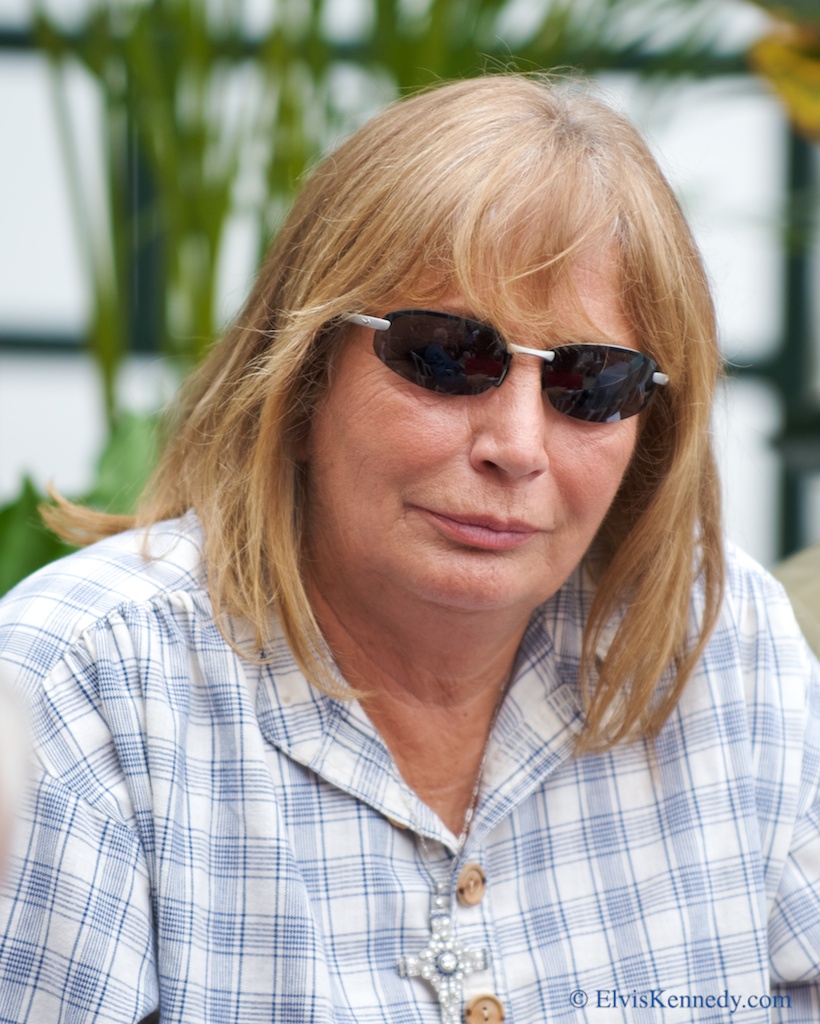
6. Penny Marshall (Laverne DeFazio)
Penny Marshall brought an unparalleled wit, spunk, and genuine heart to the “Happy Days” universe as the iconic Laverne DeFazio. She first graced the screens in five memorable episodes of the ABC sitcom between 1975 and 1979, portraying the sassy Shotz brewery worker whose quick remarks and no-nonsense attitude instantly captivated audiences. Her dynamic with Shirley Feeney, played by Cindy Williams, was an immediate highlight, quickly establishing them as a fan-favorite duo. This undeniable on-screen chemistry and the characters’ widespread popularity paved the way for one of television’s most beloved and successful spin-offs, “Laverne & Shirley.”
Born Carole Penny Marshall on October 15, 1943, in the Bronx, New York City, her early exposure to performing came through her mother’s dance school, laying a vibrant foundation for a life in entertainment. After a brief period at the University of New Mexico, she made the pivotal move to Los Angeles, where her elder brother, the legendary producer Garry Marshall, played a crucial role in her entry into the acting world. Before she became a household name as Laverne, Penny had already made a mark with her recurring role as Oscar Madison’s quirky secretary, Myrna Turner, on the 1970s TV version of “The Odd Couple,” showcasing her early comedic timing.
Following her phenomenal success on “Laverne & Shirley,” which delighted viewers from 1976 to 1983 and became a cultural phenomenon in its own right, Marshall embarked on an extraordinary career transition, becoming a true trailblazer in Hollywood as a director. Her keen eye for storytelling and talent for eliciting powerful performances shone through immediately. She made history with her seminal film “Big” (1988), becoming the first female director to helm a movie that grossed over $100 million at the box office, shattering preconceived notions about women in directorial roles.
Her directorial genius didn’t stop there; it further shone through in critically acclaimed and beloved works such as “Awakenings” (1990), a poignant drama starring Robert De Niro and Robin Williams, and the immensely popular baseball classic “A League of Their Own” (1992), which featured an all-star cast including Tom Hanks, Geena Davis, and Madonna. These films not only achieved commercial success but also earned critical accolades, cementing her profound legacy and groundbreaking influence behind the camera in an industry where female directors were, and still often are, underrepresented.
In her personal life, Penny Marshall was married twice. Her first marriage was to Michael Henry, with whom she had a daughter, Tracy. Later, she married actor and director Rob Reiner, who famously played Mike “Meathead” Stivic on “All in the Family.” Reiner lovingly adopted Tracy, further cementing their family bond, though their marriage ended in divorce in 1981. Penny Marshall passed away peacefully in her Hollywood Hills home on December 17, 2018, at the age of 75, due to complications from diabetes and heart failure. She had also battled brain and lung cancer nearly a decade prior. Her passing left a void, but her indelible mark as both an unforgettable performer and a visionary, groundbreaking director continues to inspire.
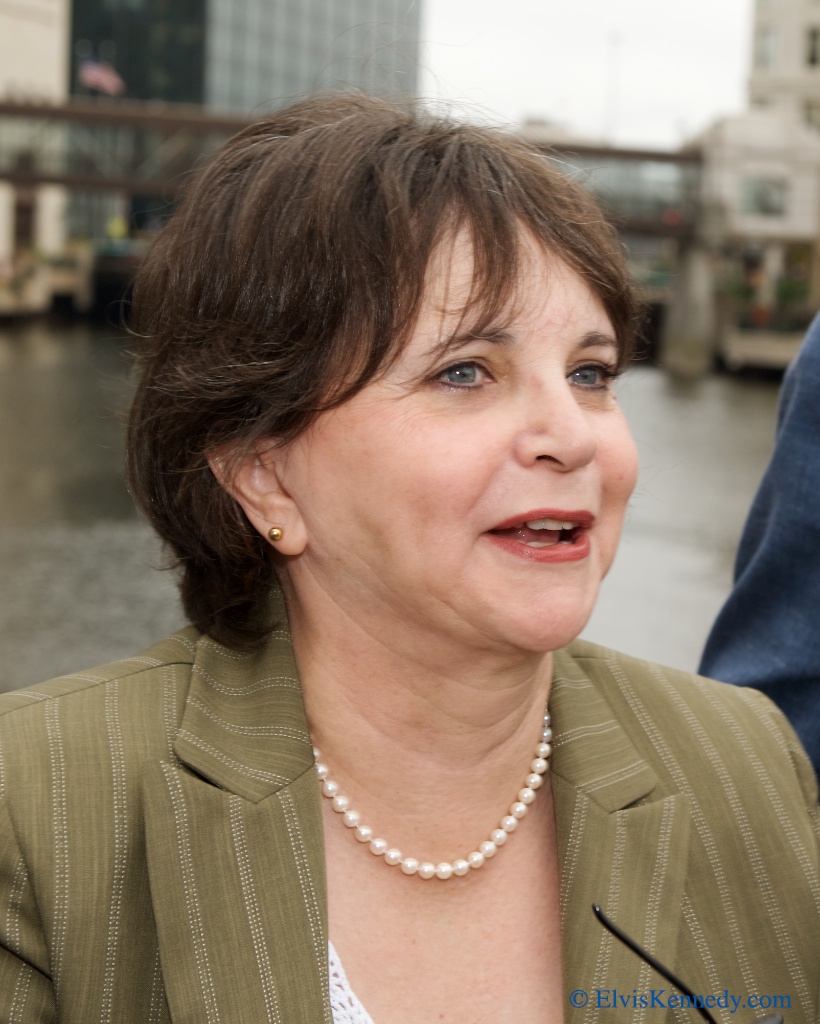
7. Cindy Williams (Shirley Feeney)
Cindy Williams charmed audiences nationwide as the cheerful, sweet, and occasionally naive Shirley Feeney, forming a perfectly balanced and beloved comedic partnership with Penny Marshall’s more assertive Laverne DeFazio. Her connection to the “Happy Days” universe began even before her first appearance, as she had famously co-starred with Ron Howard in the iconic 1973 film “American Graffiti,” a connection that subtly foreshadowed her future role in another nostalgic look at American youth. The dynamic duo of Laverne and Shirley made their unforgettable debut in the “Happy Days” episode “A Date with Fonzie,” where their instant and electric chemistry with the main cast was undeniable, swiftly leading to their own hugely successful and long-running spin-off series, “Laverne & Shirley.”
Born Cynthia Jane Williams on August 22, 1947, in Van Nuys, California, Cindy nurtured her innate passion for acting from a young age, honing her craft at Los Angeles City College. Even before her breakout role as Shirley, she had already accumulated valuable experience in a variety of television and film projects, showcasing her versatile talent and dedicated work ethic. Her performance in “American Graffiti” not only brought her critical notice but also forged professional bonds that would significantly shape her career, including her ongoing relationship with “Happy Days” and “Laverne & Shirley” producer Garry Marshall.
After the tremendous, seven-season run of “Laverne & Shirley,” a show that captivated millions and etched itself into the fabric of American pop culture, Cindy Williams continued to grace screens and stages, demonstrating her enduring talent and dedication to her craft across different mediums. She made notable guest appearances in popular shows like “Law & Order: Special Victims Unit,” showcasing her range beyond comedy, and held starring roles in sitcoms such as “Normal Life” (1990) and “Getting By” (1993 to 1994). Beyond television and film, she ventured successfully onto Broadway, captivating audiences with her performances in productions like “The Drowsy Chaperone,” further proving her versatility.
In a poignant reflection on her illustrious career and personal journey, Williams later co-authored her memoir, “Shirley, I Jest!,” offering fans a candid and engaging look behind the scenes of her life and work. In her personal life, Cindy Williams was married to musician and actor Bill Hudson from 1982 until their divorce in 2000. Together, they lovingly welcomed two children into their lives, a daughter named Emily and a son named Zachary, whom she often spoke of with immense pride. She passed away on January 25, 2023, in Los Angeles at the age of 75. Her passing marked the end of an era for many devoted fans, but her cheerful spirit, accessible charm, and memorable performances as Shirley Feeney will forever remain a cherished and beloved part of television history, continuing to bring smiles to those who revisit her work.
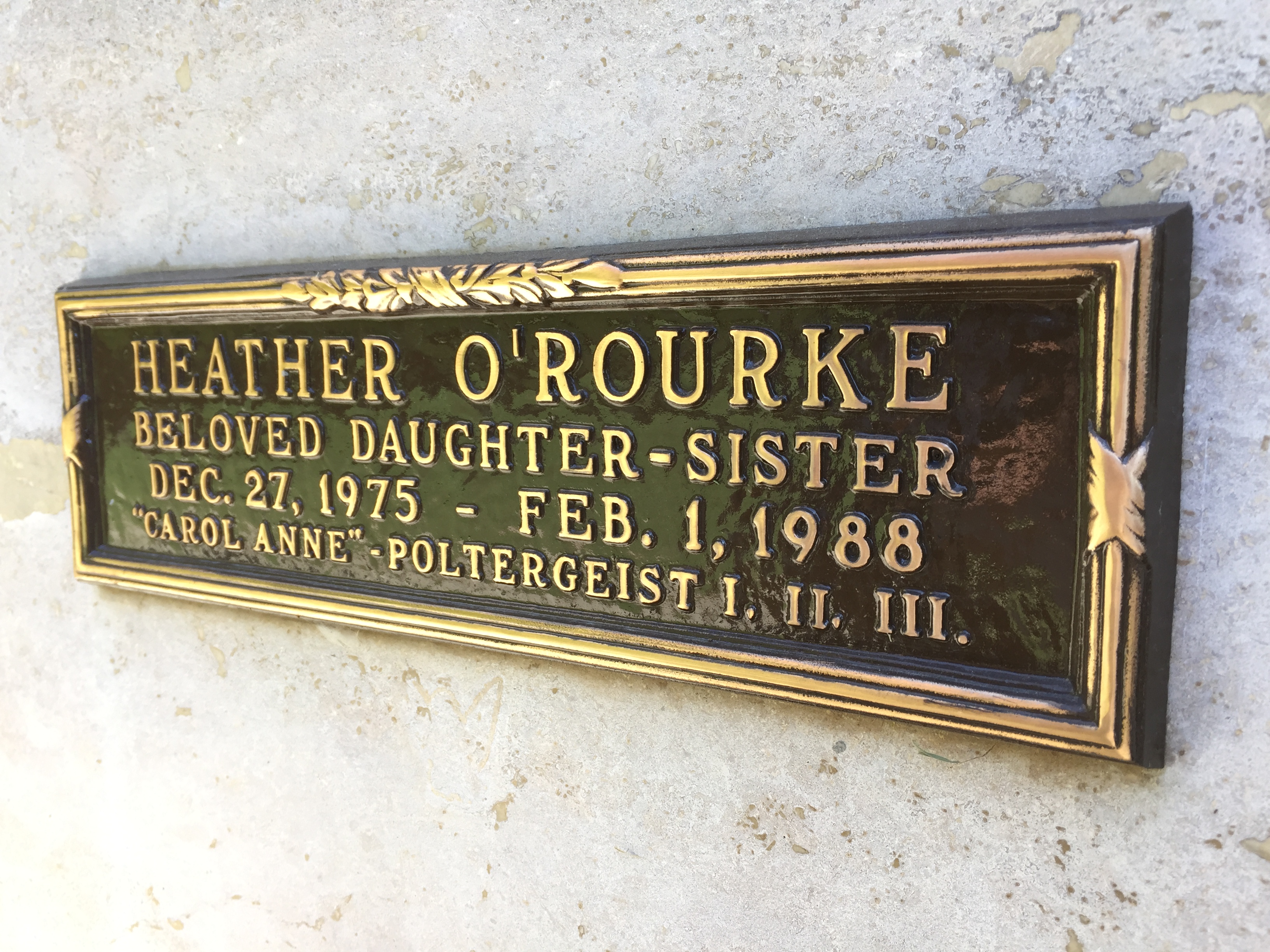
8. Heather O’Rourke (Heather Pfister)
In the vibrant tapestry of “Happy Days,” particularly during its later seasons, viewers were introduced to the adorable Heather Pfister, the bright and sweet daughter of Ashley Pfister, Fonzie’s sophisticated girlfriend played by Linda Purl. Young child actor Heather O’Rourke brought this endearing character to life for 12 episodes between 1982 and 1983, adding a heartwarming dimension to Fonzie’s evolving character as he navigated a more serious, mature relationship with a single mother. Her innocent charm and natural presence were evident even in this relatively small but significant recurring role, subtly hinting at the remarkable talent that would soon captivate millions on a much larger stage.
While her time on “Happy Days” was a notable and cherished entry in her nascent acting career, Heather O’Rourke became internationally recognized and forever etched into cinematic history for her iconic and chilling portrayal of Carol Anne Freeling in the immensely popular “Poltergeist” horror movie franchise. Her unforgettable and oft-quoted line, “They’re here,” spoken with eerie innocence, became an instant classic, cementing her place in pop culture and terrifying a generation of moviegoers. She starred with remarkable composure in all three films of the series, demonstrating a profound presence and maturity beyond her tender years, making her a truly standout child actress of her generation.
Tragically and heartbreakingly, Heather O’Rourke’s promising life was cut short far too soon, leaving a profound sense of loss in the entertainment world. She died suddenly at the tender age of 12 on February 1, 1988, at the Children’s Hospital and Health Center in San Diego. The official cause of her untimely death was determined to be an acute bowel obstruction, tragically complicated by septic shock. Medical professionals later commented on the distinctly unusual nature of her sudden passing, noting her perplexing lack of prior symptoms for the fatal bowel defect, making her death all the more shocking and sorrowful.
Her sudden and unexpected death sent shockwaves through Hollywood and deeply saddened fans worldwide who had watched her grow up on screen. Both Henry Winkler, the legendary Fonzie, and Linda Purl, who played her on-screen mother Ashley, attended O’Rourke’s private funeral on February 5, 1988. Their presence underscored the profound impact this bright young talent had on her co-stars and highlighted the strong, familial bonds that were often forged on the “Happy Days” set. Though her time was tragically brief, Heather O’Rourke left an enduring and powerful legacy through her unforgettable performances, a poignant testament to her remarkable talent and the joy she brought to countless viewers.
9. Gavan O’Herlihy (Chuck Cunningham)
Gavan O’Herlihy holds a particularly unique, almost mythical, place in “Happy Days” lore as the original portrayal of Chuck Cunningham, the eldest, often-mentioned but rarely-seen Cunningham sibling. In the show’s formative first season, Chuck was consistently characterized as a robust, college-aged jock, frequently seen with a basketball, embodying the quintessential carefree older brother to Richie and Joanie. Despite his initial presence and importance as part of the family unit, the character of Chuck was famously and somewhat comically written out of the series fairly quickly and without any official on-screen explanation, giving rise to the popular TV trope “Chuck Cunningham Syndrome” — a term used to describe when characters mysteriously vanish from a show.
Born Gavan John O’Herlihy on July 29, 1951, in Dublin, Ireland, he inherited a rich artistic lineage, being the son of the distinguished actor Dan O’Herlihy. Raised across the diverse landscapes of both Ireland and the United States, Gavan was not only academically inclined, attending prestigious institutions like Phillips Academy in Massachusetts and later Trinity College in Dublin, but also an exceptionally formidable athlete. He achieved significant recognition as the Irish National Tennis Champion during his youth, showcasing a remarkable and diverse range of talents before fully embarking on his acting career.
After his brief but undeniably memorable stint on “Happy Days,” O’Herlihy deliberately and strategically sought out roles that presented significant acting challenges, particularly roles that would allow him to avoid being typecast into sitcom characters. He successfully built a substantial and varied career in films, frequently portraying intense, often antagonistic characters that showcased his versatility and dramatic intensity. His impressive filmography includes powerful roles in high-profile productions such as the James Bond film “Never Say Never Again,” where he brought a menacing presence, as well as memorable appearances in “Superman III” and “Death Wish 3.” However, he also delivered a notable and much-loved heroic performance as Airk Thaughbaer in the 1988 fantasy film “Willow,” a special project that reunited him with his former “Happy Days” co-star, who by then was an acclaimed director, Ron Howard.
Throughout his career, O’Herlihy remained dedicated to his craft, embodying a wide spectrum of characters with a quiet intensity. In his personal life, Gavan O’Herlihy was married to Juliette, and together they lovingly raised four children, creating a vibrant family life away from the spotlight. The family eventually made their home in the picturesque city of Bath, Somerset, England, where O’Herlihy continued to contribute his profound talent to various theater and television projects, maintaining a consistent presence in the arts. Gavan O’Herlihy passed away on September 15, 2021, in Bath, Somerset, England, at the age of 70. While his cause of death was never publicly revealed, his rich and diverse career, spanning from an iconic, albeit vanished, TV role to memorable, impactful film performances, ensures his lasting presence and appreciation in the hearts of his fans and within the annals of television and cinema history.
As we draw this heartfelt tribute to a close, it becomes profoundly clear that the enduring magic of “Happy Days” is inextricably woven with the unique lives and extraordinary artistry of these cherished individuals. Each actor, whether a foundational pillar like Tom Bosley and Al Molinaro, or a groundbreaking talent like Penny Marshall and Robin Williams, or a beloved presence like Erin Moran, Pat Morita, Cindy Williams, Heather O’Rourke, and Gavan O’Herlihy, contributed an essential, irreplaceable thread to the vibrant tapestry of 1950s nostalgia and heartwarming humor that so beautifully defined the show. Their captivating performances continue to bring immense warmth, genuine laughter, and even poignant tears to new generations, serving as a powerful reminder that while time may pass and our beloved stars may tragically leave us, the profound joy, connection, and timeless stories they created remain an eternal, radiant flame. In celebrating their remarkable lives and indelible contributions, we not only honor their immense talent but also acknowledge the deep, familial bonds they shared, both on screen and off. “Happy Days” was, and continues to be, far more than just a television show; it stands as a testament to enduring friendship, the unwavering spirit of family, and the undeniable magic of storytelling, all lovingly carried on the shoulders of these unforgettable talents who, though physically gone, will forever reside in the cherished memories and appreciative hearts of millions.

